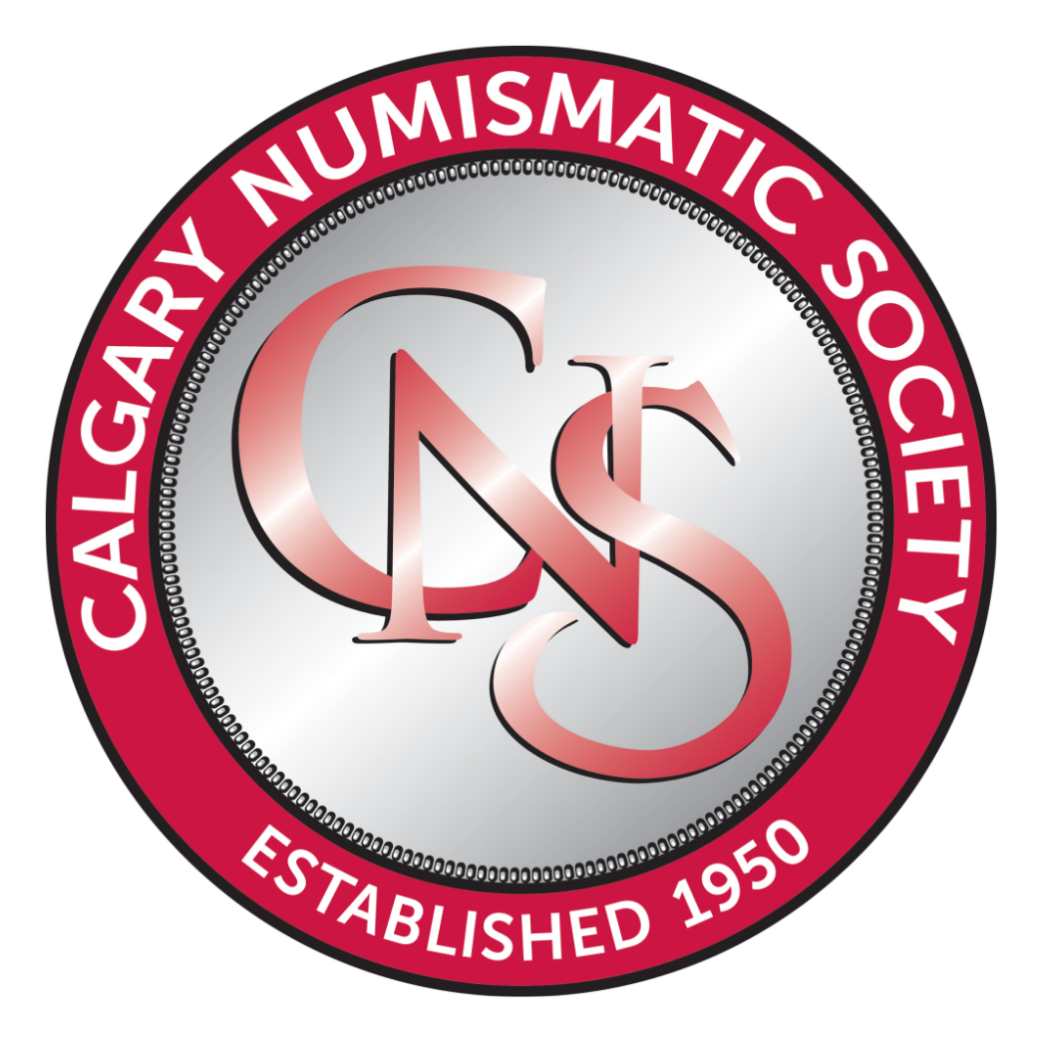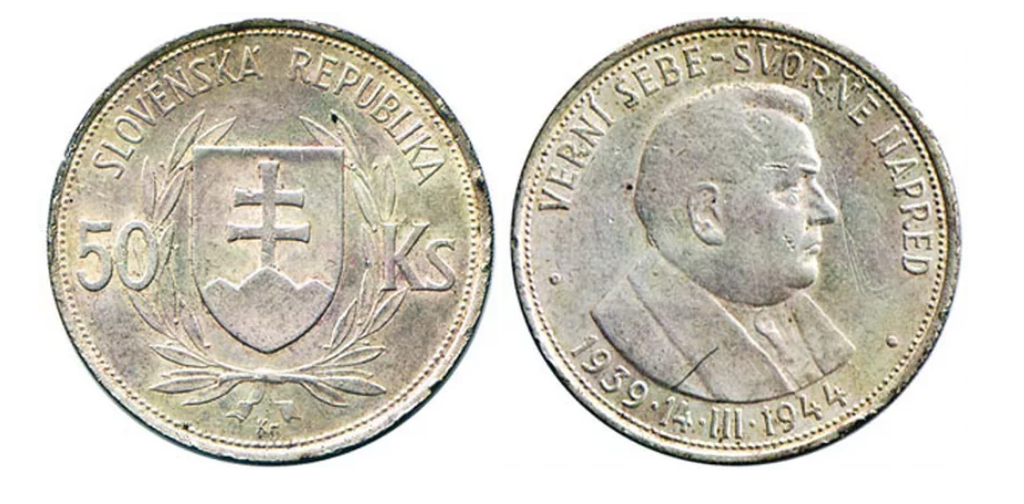1944 Slovak 50 Korun
(Father Josef Tiso on reverse)
Nationalist feeling were running high in the Slovak regions of Czechoslovakia just prior to the outbreak of World War II. Ethnic Slovaks were feeling betrayed by the Czech-Slovak union because the terms of the Cleveland and Pittsburgh agreements of 1918 (which formed the basis of the union) had not been honoured as they concerned the Slovak minority. The German invasion of Czechoslovakia following the Munich accord of 1938 provided an opportunity for Slovak nationalists to gain political control of their region.
In August of 1939, Slovakia became a semi-autonomous state under the protection of Germany and thus entered the Second World War as a German ally. A Catholic priest, Father Jozef Tiso, was installed as the president of the one party state. Tiso and the Hlinka People's Party preceded with their own program of anti-Semitism and, at one point, was paying the German government to take the Jews who were being held in holding camps in Slovakia.
In September of 1944, the Slovak underground, with the help of a small group of Soviet paratroopers, rose up against Tiso and the Hlinka People's party. The ill-fated Slovak National uprising was the beginning of the German occupation of Slovakia.
On April 18, 1947, Father Joseph Tiso was executed for war crimes. In the final statement before his death, he maintained that he was a Martyr of the Slovak Nation.

